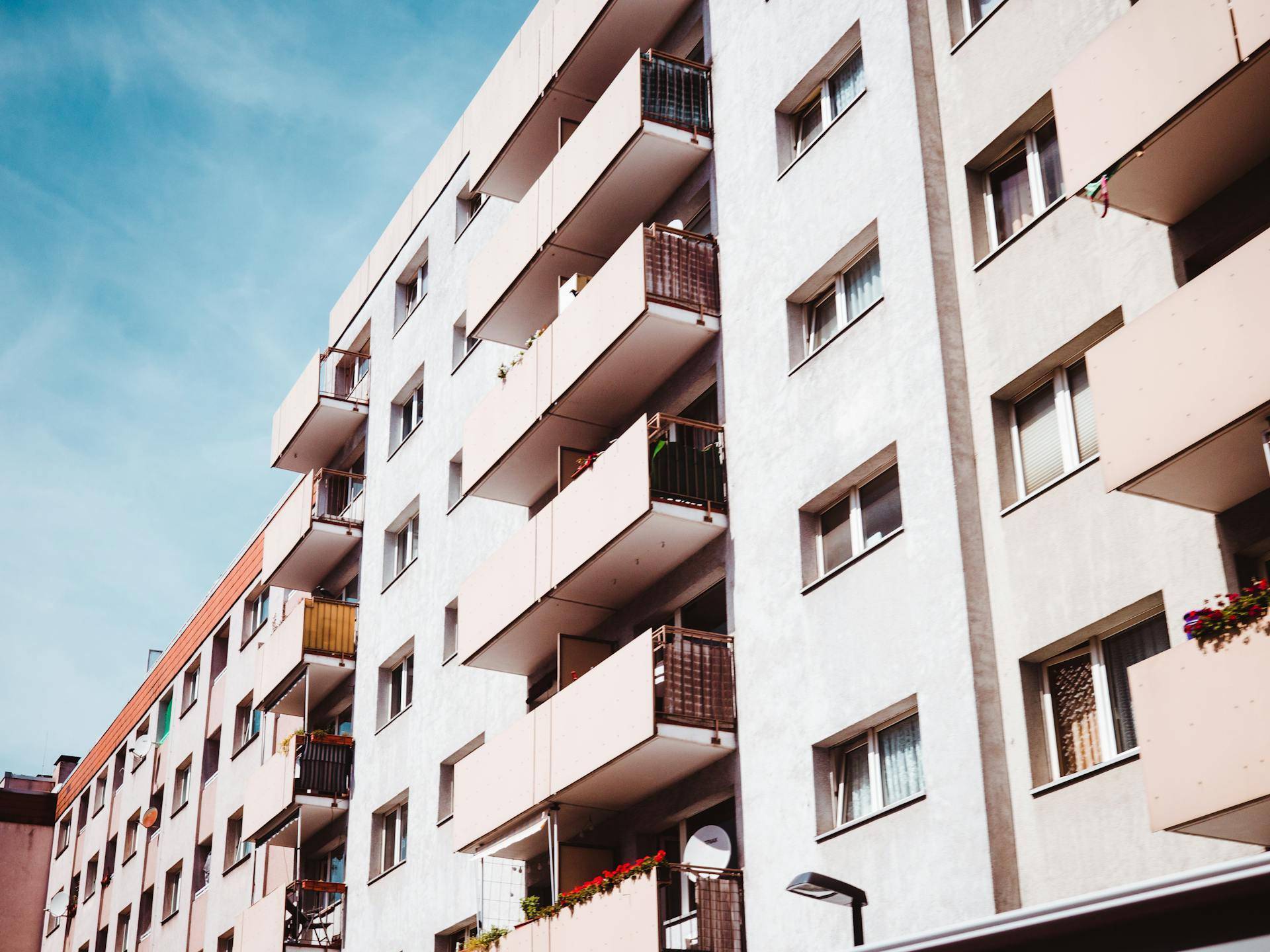The Maharashtra Housing and Area Development Authority (MHADA) has taken a significant step to address a long-standing issue involving displaced tenants from cessed buildings in Mumbai. These tenants, originally residing in dilapidated structures across South Mumbai, were forced to vacate after the buildings either collapsed or became unsafe for habitation.
For years, many of these tenants have been living in transit accommodations, awaiting the completion of redevelopment projects. MHADA, through its Mumbai Building Repair and Redevelopment Board, has now decided to grant conditional possession of flats to the heirs of deceased tenants listed in the master lottery, marking a major breakthrough in resolving this decades-old housing crisis.
On December 28, 2023, a lottery draw was held to distribute permanent housing to 265 eligible tenants from cessed buildings. The flats, located in various parts of the city, range in size from 301 to 753 square feet. This draw was an important step for tenants who had spent years living in transit camps, waiting for a resolution to their housing situation. However, the process faced a significant challenge when it was found that many of the original beneficiaries of the lottery were no longer alive. This created complications as their heirs—such as spouses, children, or parents—needed to step forward to claim the flats, but the lack of legal heirship documentation caused delays.
In cases where multiple heirs, including siblings, parents, or spouses, laid claim to the same property, disputes and legal formalities further complicated the matter. Obtaining a legal heirship certificate from a competent court, which is mandatory to establish the rightful claimant, typically takes six to nine months. This bureaucratic process led to an impasse, slowing down the allocation of flats and frustrating families who were eager to move into their new homes. MHADA officials recognized that a more practical approach was needed to address this issue and ensure that the benefits of the housing allocation were not delayed any further.
To resolve this, MHADA’s Vice President and Chief Executive Officer, Sanjeev Jaiswal, announced a new policy allowing conditional possession of flats to the close heirs of deceased tenants. Under this policy, heirs such as spouses, children, or parents can take possession of the allocated flats by fulfilling specific conditions. They must first obtain a No Objection Certificate (NOC) from other family members who may have a claim to the property. In addition, they are required to submit an indemnity bond affirming their compliance with MHADA’s terms. Most importantly, they must submit a legal heirship certificate from a competent court within six months of taking possession. During this interim period, the flat cannot be sold, transferred, or claimed by any third party. This measure ensures that while the heirs can gain immediate access to their homes, the rights of all stakeholders are safeguarded.
This decision has been welcomed as a practical and timely solution to a complex issue. By allowing conditional possession, MHADA has provided relief to heirs who had been stuck in a cycle of delays and legal procedures. It has also ensured that the housing stock is not wasted due to administrative bottlenecks. The decision, however, comes with safeguards to prevent misuse or disputes. By requiring NOCs and indemnity bonds, MHADA has created a framework that balances the urgency of possession with the need for legal clarity.
While addressing the issue of conditional possession, MHADA is also dealing with the problem of unclaimed flats. Of the 265 beneficiaries in the December 2023 lottery, 53 individuals have yet to come forward to claim their allocated tenements. MHADA has decided to give these individuals an additional grace period of a few months to claim their flats. If they fail to do so within this timeframe, the unclaimed flats will be returned to the housing pool and allocated to the next eligible beneficiaries on the waiting list. This move is intended to ensure that the housing stock is utilized effectively and does not remain idle while many others continue to live in inadequate transit accommodations.
The conditional possession policy reflects a broader effort by MHADA to streamline its processes and address the challenges of urban housing in Mumbai. For decades, the redevelopment of cessed buildings has been fraught with delays due to a combination of legal disputes, bureaucratic inefficiencies, and funding shortages. The decision to grant conditional possession represents a shift towards more pragmatic governance, where the focus is on delivering tangible benefits to affected families without unnecessary delays.









.png)